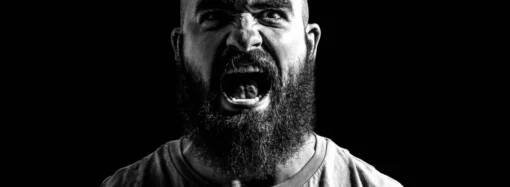As The Washington Post reported, the Library of Congress had a special visitor Wednesday: 4-year-old Daliyah Arana.
But Daliyah wasn’t visiting the library as just any old tourist. She was visiting as the “librarian of the day.”
According to the WaPo, Daliyah attained this special status for her stellar reading ability. Even though she has yet to enter kindergarten, the little girl has already read over 1,000 books, many of which are well beyond an “I-Can-Read” level.
Not surprisingly, Daliyah’s mother attributes her daughter’s success to her early exposure to books.
“While she was pregnant with Daliyah, her mother would read books to her other young children on a daily basis. When Daliyah was an infant, she would hear her older brother reading chapters of books out loud in their Gainesville, Ga., home. And by the time she was about 18 months old, she was recognizing the words in the books her mother read her.
‘She wanted to take over and do the reading on her own,’ her mother, Haleema Arana, said in an interview with The Washington Post. ‘It kind of took off from there. The more words she learned, the more she wanted to read.’
So it was no surprise when, at 2 years and 11 months — the age that most children barely understand the concept that text carries a message — Daliyah read her first book on her own.”
Little Daliyah’s reading ability is quite amazing, particularly at a time when not even 40 percent of school age children are able to read proficiently. While it’s true that she may be a bit of a child prodigy, her story should lead us to question the methods we use to teach reading. Is it possible that we’re making it harder for children than it really is?
Early 20th century educator Charlotte Mason would say yes. In her writings she noted:
“Many persons consider that to learn to read a language so full of anomalies and difficulties as our own is a task which should not be imposed too soon on the childish mind. But, as a matter of fact, few of us can recollect how or when we learned to read: for all we know, it came by nature, like the art of running; and not only so, but often mothers of the educated classes do not know how their children learned to read. ‘Oh, he taught himself,’ is all the account his mother can give of little Dick’s proficiency. Whereby it is plain, that this notion of the extreme difficulty of learning to read is begotten by the elders rather than by the children.”
If today’s parents were to spend more time placing their children in front of books, reading to them, and stimulating their love for the written word, would we see less illiteracy and more eager readers like 4-year-old Daliyah?
Image Credit: Washington Post Video
















Leave a Comment
Your email address will not be published. Required fields are marked with *